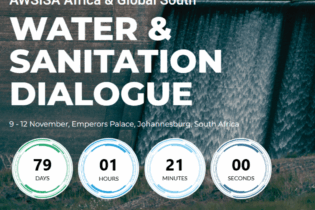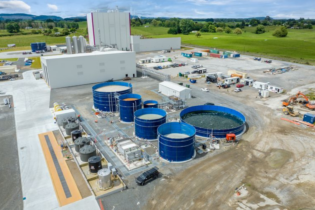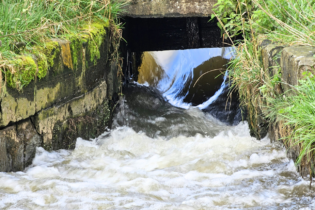
As South Africa swiftly moves towards winter, dam levels are raising concerns again.
The department of water and sanitation said despite recent good rains in parts of South Africa, the country’s national average storage decreased 0.2% to 72.9% last week. However, this was an improvement from last year when the national water storage was 54%.
The department said the water situation in the Western Cape was serious as dam levels are decreasing week on week. The city’s six dams mainly serving the City of Cape Town are now averaging at 20.8%. The system was at 30.8% this time last year.
Ways to become more resilient
Many municipalities are devising ways to make their cities more resilient. In the Cape, level 4 water restrictions could soon be introduced, while in eThekwini, various intervention strategies have been developed to mitigate the effects of the drought, including awareness campaigns about conserving water.
The province’s water and sanitation unit said there have been scheduled water interruptions from 19:00 to 06:00 in certain areas, and that response teams have been allocated to repair leaks, water bursts and to address the plight of people on the ground.
“Water bills have also been issued with water conservation tips and notices,” the department added.
EThekwini mayor Zandile Gumede recently launched a WhatsApp reporting line to make it easier for consumers to report water leaks, bursts and other related water queries.
The city said it has relied on 126 water tankers to help with the drought and has also rolled out static tanks to service specific drought affected areas.
Waterless toilets
The eThekwini municipality has also partnered with the Bill and Melinda Gates Foundation to conduct engineering testing of innovative sanitation technologies that will improve sanitation services for the poor.
The department said ground-breaking technologies that are designed to work off the sewer grid will use minimal water, waste water, or no water while at the same time providing the comfort of a normal flush toilet to residents.
The Foundation plans to solve sanitation challenges for more than 2.5 billion people affected by poor or non-existent sanitation services.
The Foundation has for the past five years funded an international grand challenge which seeks to reinvent toilet technologies. Over the years a number of prototypes were developed and tested resulting in the selection of five technologies for further engineering testing in the field.
The eThekwini municipality has been selected to test these innovations. The city said these toilets will significantly reduce water consumption and pressure on the environment.







